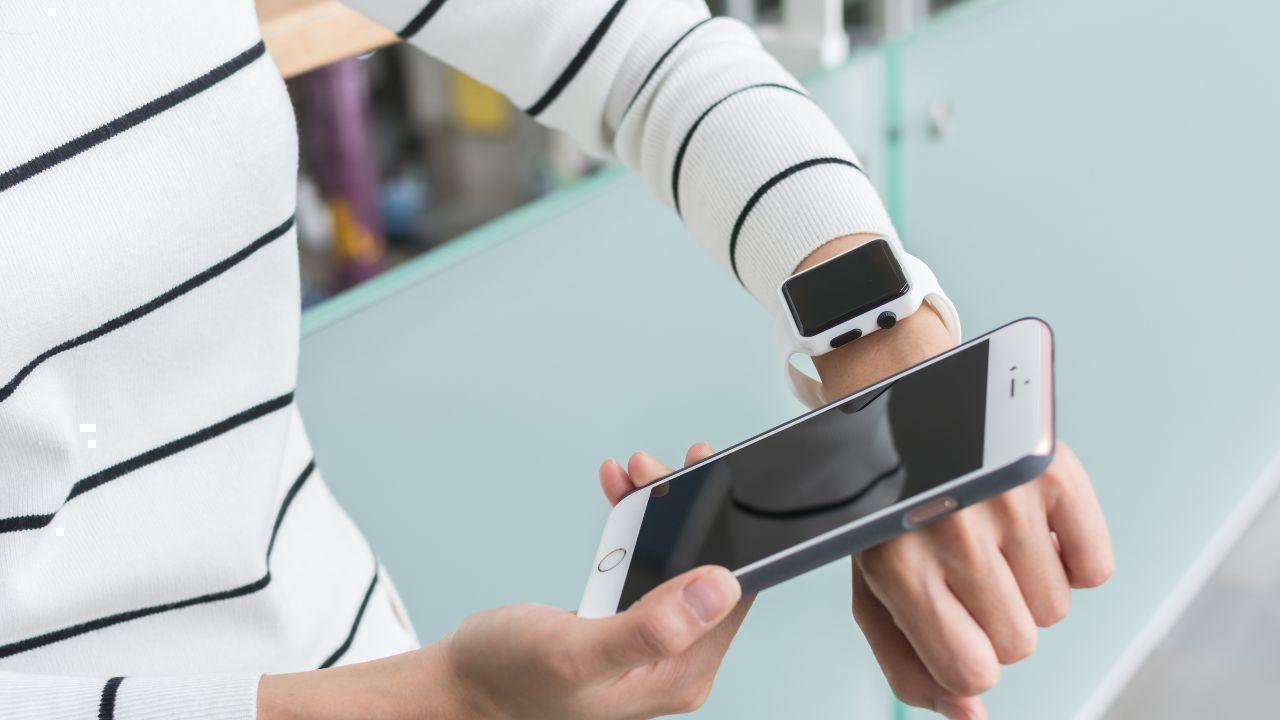
Post by: Vansh Kumar
Why Wearable Technology and Health Apps Are the Future of Healthcare
In the modern world, healthcare is no longer confined to hospitals and clinics. With the rise of smart gadgets and digital tools, wearable technology and health apps are changing healthcare today in ways we could only imagine a decade ago. From monitoring heart rates to managing chronic conditions, technology is now at our fingertips—literally. These tools are not just gadgets; they are lifesavers, wellness guides, and health companions rolled into one.
A New Era of Personalized Healthcare
One of the most significant ways wearable technology and health apps are changing healthcare today is through personalization. No two people are alike, and now our health plans don’t have to be either. Devices like smartwatches, fitness trackers, and wearable ECG monitors allow users to track everything from sleep patterns to oxygen levels in real time. Health apps sync this data and provide insights tailored to individual needs, promoting better decision-making and early intervention.
Gone are the days of guessing if you’re healthy. Today, your wearable device can warn you of irregular heart rhythms or sudden drops in oxygen levels—alerts that could literally save your life. By capturing real-time data, these devices help doctors and patients work together to create more accurate and personal treatment plans.
Empowering People to Take Control
Empowerment is another powerful way wearable technology and health apps are changing healthcare today. People are no longer passive recipients of care; they are active participants. Health apps help individuals set goals, monitor progress, and stay motivated. Whether it's counting steps, tracking water intake, or logging daily moods, these tools encourage users to form healthier habits.
Mental health, too, has found support through apps that offer guided meditation, mood tracking, and even virtual therapy sessions. By making health more accessible and understandable, these tools remove the fear and confusion that often surround medical care.
Bridging the Gap Between Patients and Doctors
Communication between doctors and patients has dramatically improved thanks to digital health tools. Wearable technology and health apps are changing healthcare today by allowing doctors to receive data directly from patients without them stepping into a clinic. For instance, a diabetes app can share blood sugar readings with a physician in real time, helping adjust insulin doses immediately.
Remote monitoring also plays a crucial role in elder care and chronic disease management. Patients with heart conditions, for example, can wear smart patches that send real-time data to their healthcare provider. This reduces hospital visits and improves the quality of life.
Early Detection and Prevention
One of the most exciting ways wearable technology and health apps are changing healthcare today is through early detection. With predictive analytics and AI integrated into these systems, early signs of illness can be identified before symptoms become severe. A smartwatch detecting unusual heart rates or a sleep tracker identifying irregular patterns can be the first step in diagnosing serious conditions.
Prevention is always better than cure, and these technologies make it possible. They alert users to health risks and prompt timely actions, helping prevent complications and reduce hospital admissions.
Fitness Meets Medical Insight
Fitness trackers were once just trendy gadgets, but now they serve a greater purpose. They do more than count steps—they collect meaningful data that contributes to medical insights. Wearable technology and health apps are changing healthcare today by combining everyday fitness goals with real health benefits.
Doctors now use fitness data to understand lifestyle patterns, such as how much a person moves or sleeps. This helps build a complete picture of health that traditional medical tests might miss. In the long run, this leads to better prevention strategies and long-term care plans.
Addressing Healthcare Gaps
Access to healthcare is not equal for everyone. In many rural or underserved areas, people face challenges in getting quality medical care. That’s where wearable technology and health apps are changing healthcare today by bridging this gap.
With a smartphone and a wearable device, anyone can monitor their health, get reminders for medications, and consult with a doctor online. This accessibility is transforming public health by reaching people who previously had no or limited access to care.
The Challenges That Remain
Despite the many benefits, the journey isn’t without its bumps. Privacy and data security remain serious concerns. Storing personal health data in the cloud or sharing it with apps raises questions about who has access and how it’s used. While wearable technology and health apps are changing healthcare today, regulations must keep up to protect users' privacy.
Moreover, not everyone is tech-savvy. Elderly users or those without access to smart devices may struggle to use these tools. It’s essential that developers and healthcare providers continue to create user-friendly solutions that are inclusive and accessible to all.
Disclaimer:
This article is intended for informational purposes only and does not constitute medical advice, diagnosis, or treatment. Readers are encouraged to consult healthcare professionals for any medical concerns or conditions. The views expressed are based on general knowledge and current trends in digital health. DXB News Network is not responsible for any actions taken based on the content of this article.
#trending #latest #WearableTechnology #HealthApps #DigitalHealth #SmartHealthcare #FutureOfHealthcare #HealthcareInnovation #Telemedicine #HealthTech #MobileHealth #HealthcareRevolution #TechInHealthcare #MedicalTechnology #RemotePatientMonitoring #AIinHealthcare #PatientEmpowerment #breakingnews #worldnews #headlines #topstories #globalUpdate #dxbnewsnetwork #dxbnews #dxbdnn #dxbnewsnetworkdnn #bestnewschanneldubai #bestnewschannelUAE #bestnewschannelabudhabi #bestnewschannelajman #bestnewschannelofdubai #popularnewschanneldubai
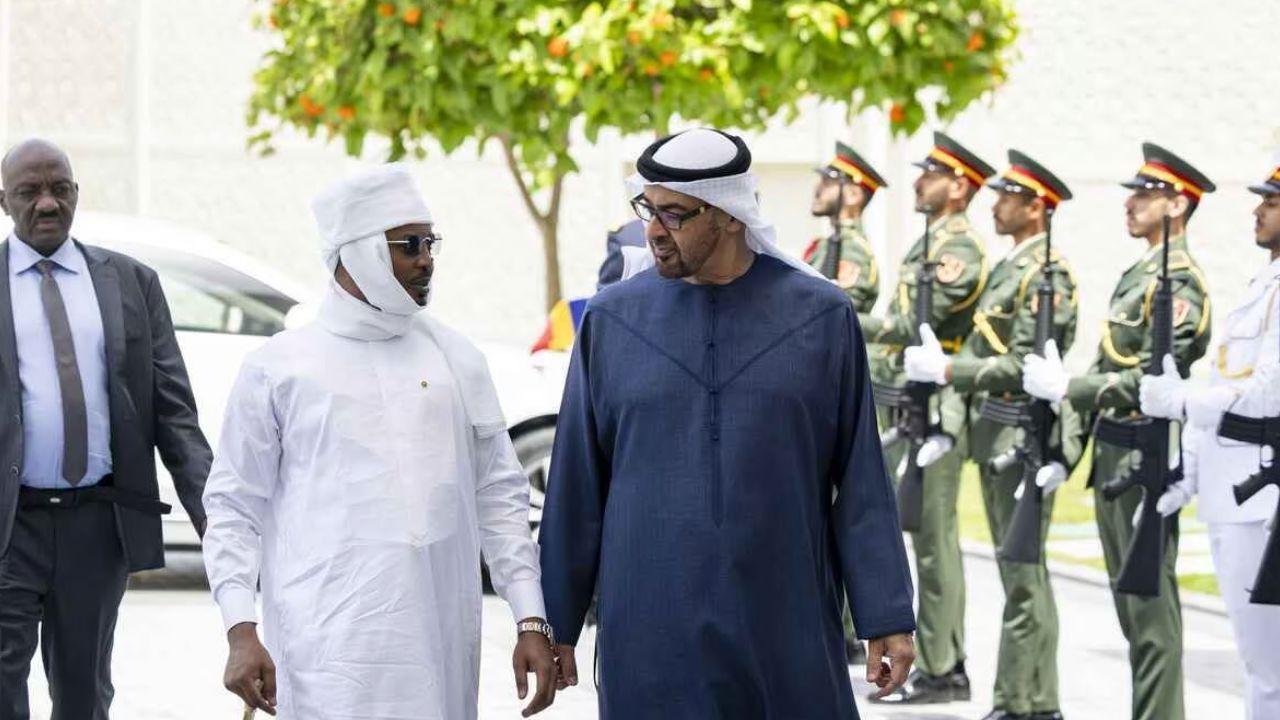
Sheikh Mohamed and President Déby Itno meet in Abu Dhabi to boost ties in trade, energy, and diplomacy, aiming for stronger UAE-Chad partnership and peace....Read More.
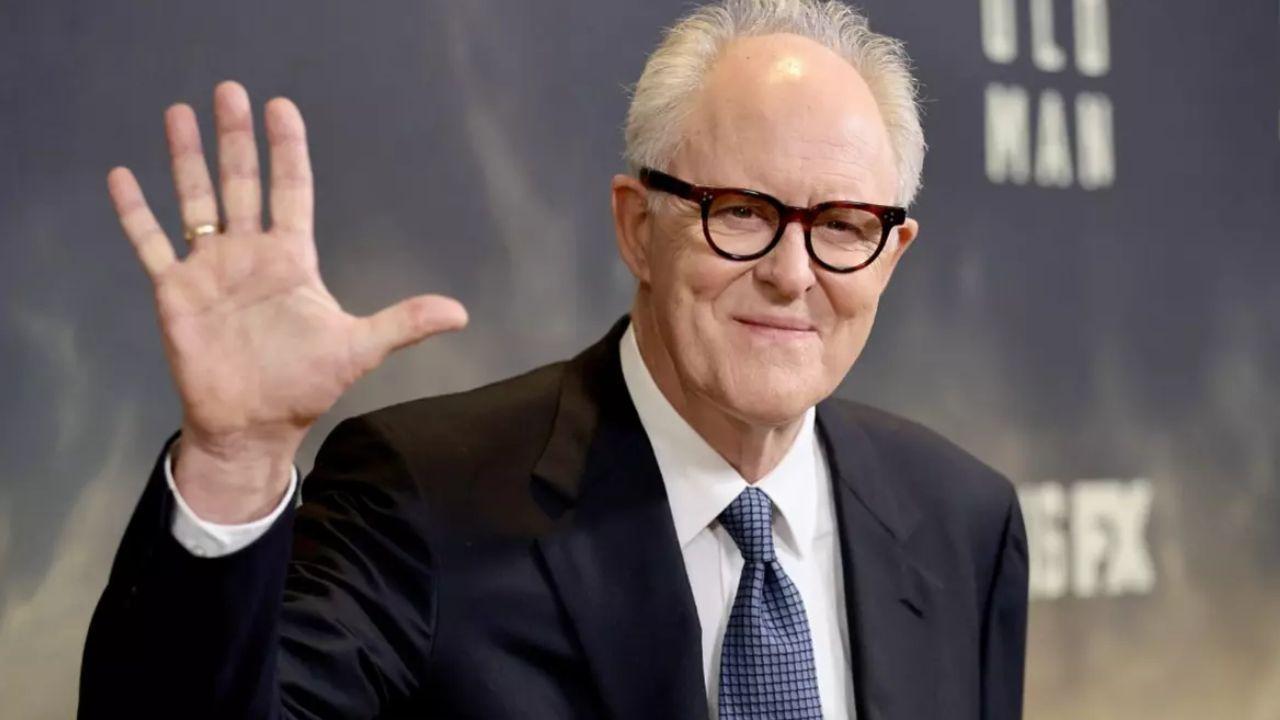
John Lithgow responds to fans upset over his Dumbledore casting, saying he’ll give his best despite not being English. Churchill role gives him hope....Read More.

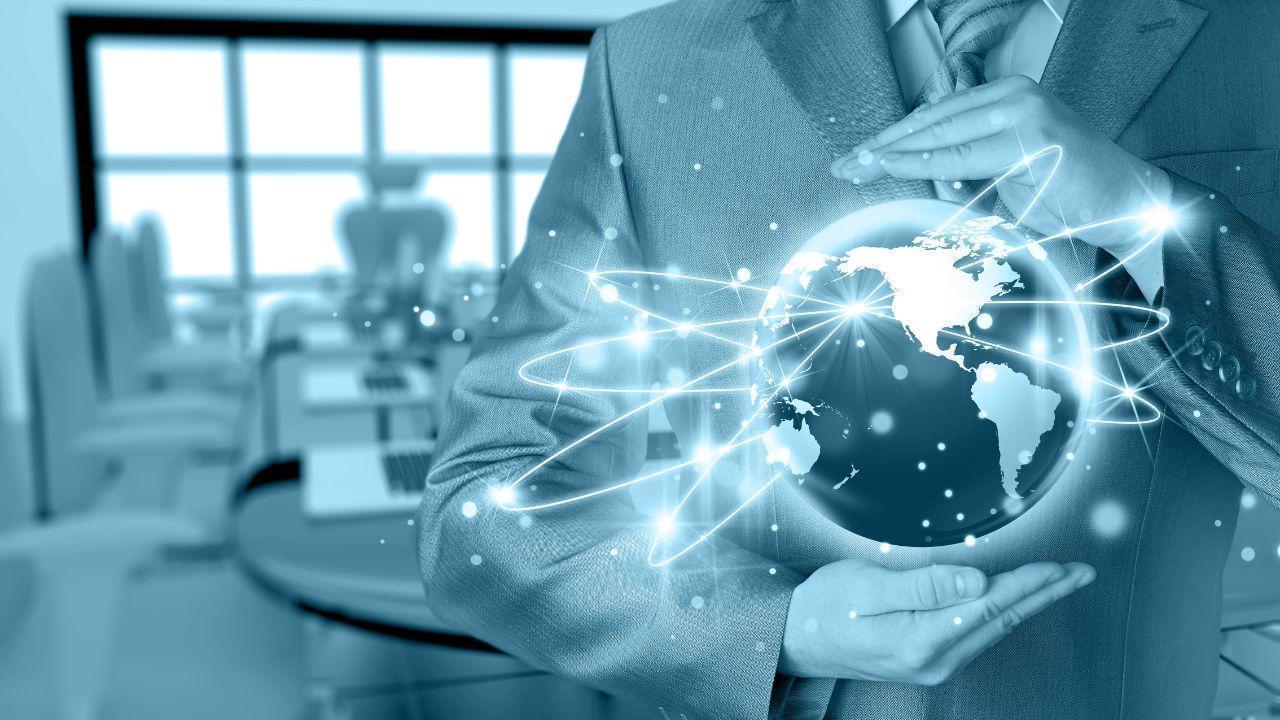
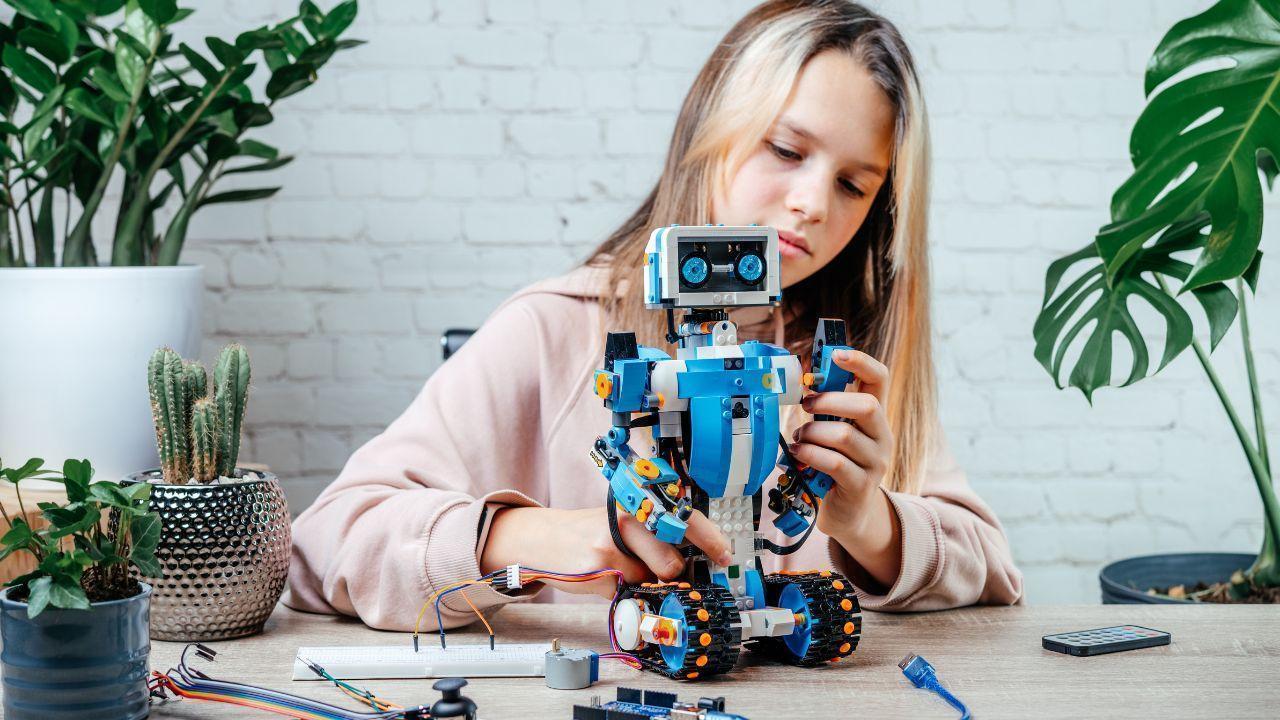




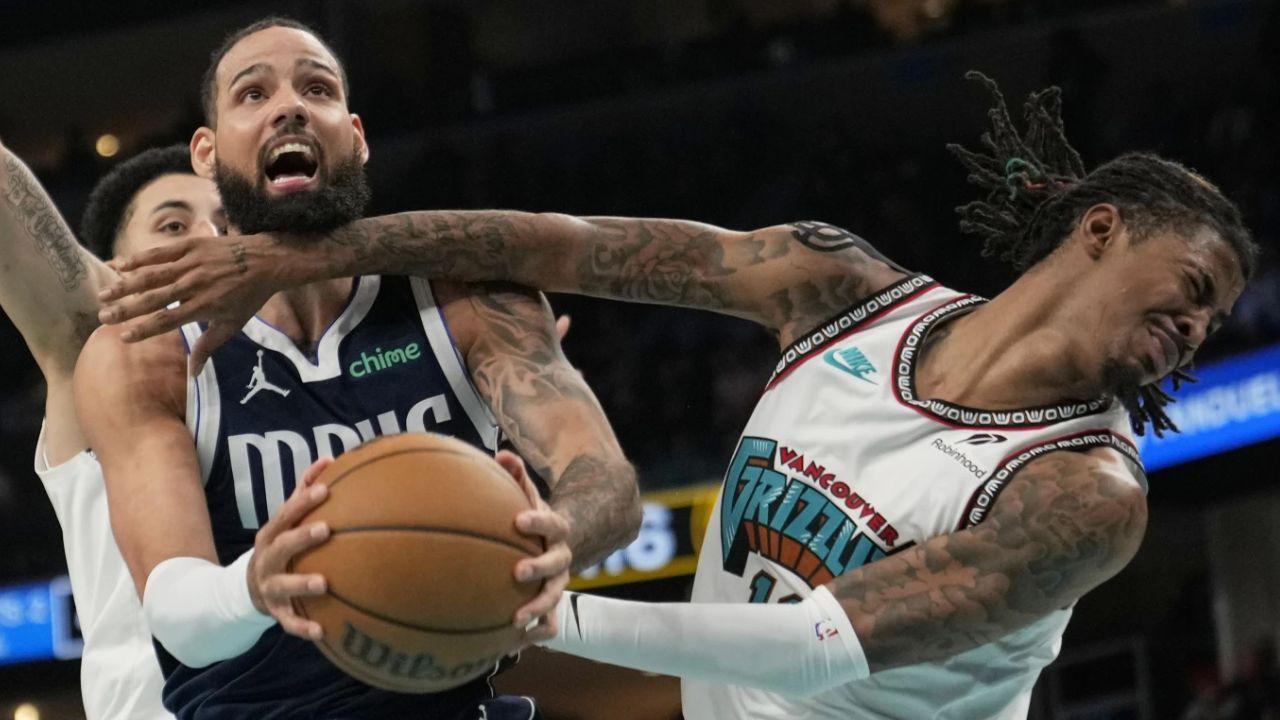

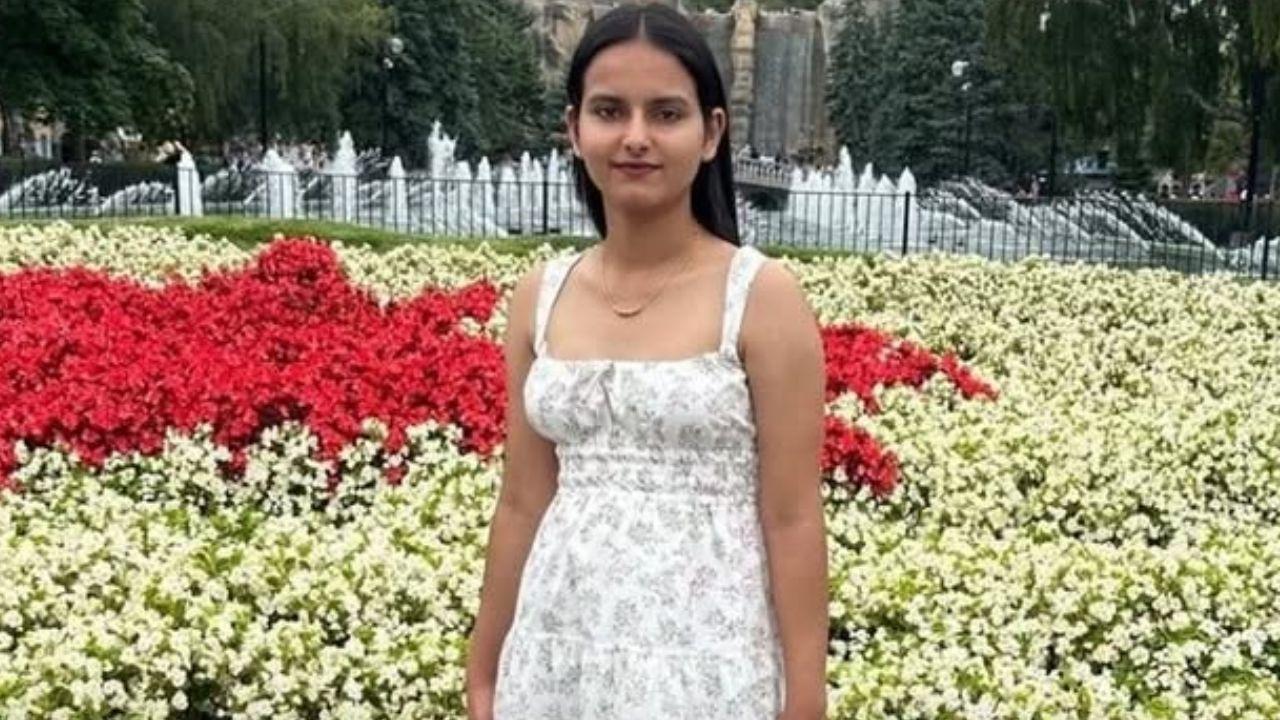
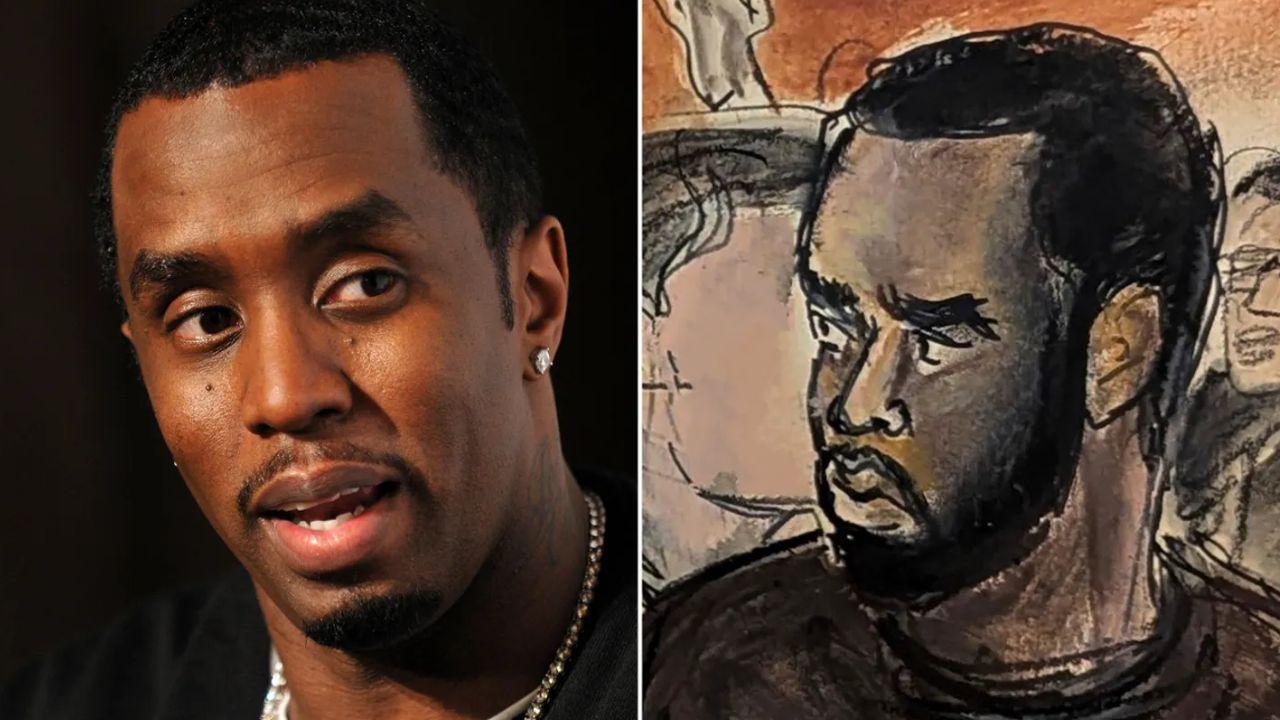



Humanoid Robots Race with Humans at Half-Marathon in China
21 humanoid robots raced alongside runners in the Yizhuang half-marathon, showcasing robotic enginee

Woman Brain-Dead After Paris Cryotherapy Accident
A woman is brain-dead after a fatal cryotherapy accident in Paris that also claimed a gym worker’s l
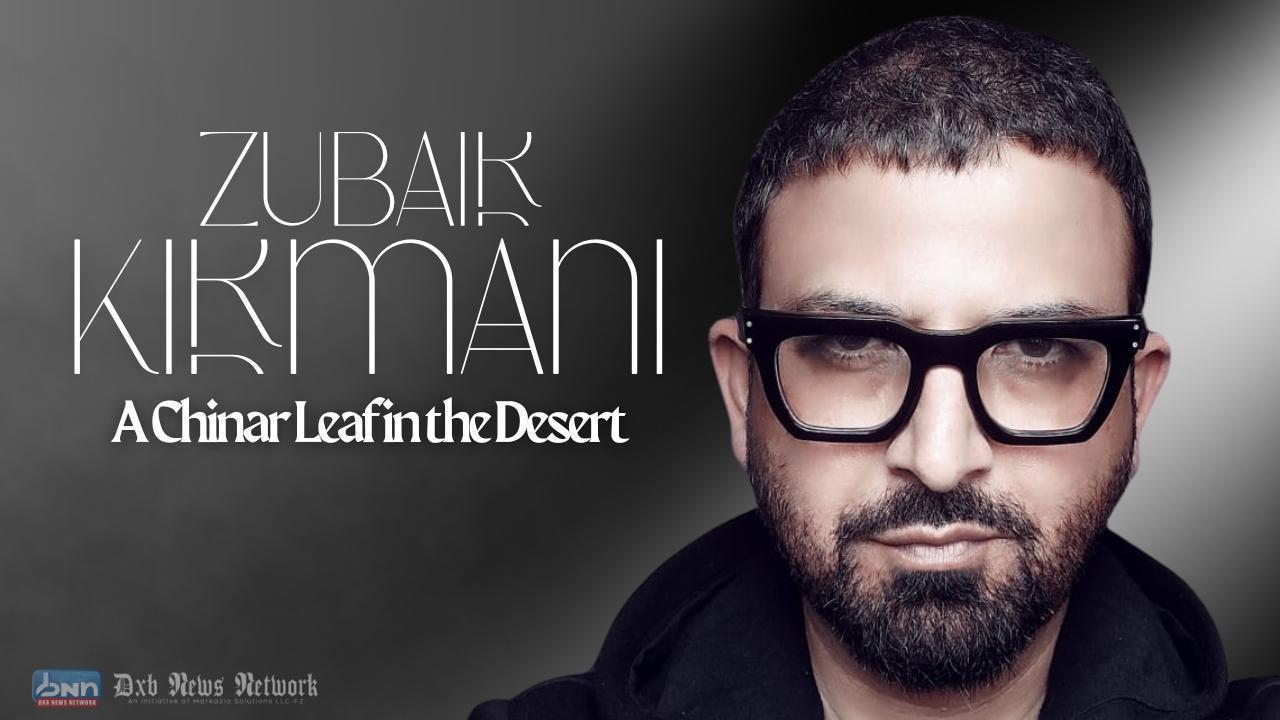
A Chinar Leaf in the Desert: Zubair Kirmani and the Journey of Kashmir at World Art Dubai
A Chinar Leaf in the Desert: Zubair Kirmani and the Journey of Kashmir at World Art Dubai

Carla Gía Brings the Language of Duality to World Art Dubai 2025
Carla Gía Brings the Language of Duality to World Art Dubai 2025

Not Just a Painting, It’s a Pulse: Deena Radhi at World Art Dubai 2025
Not Just a Painting, It’s a Pulse: Deena Radhi at World Art Dubai 2025